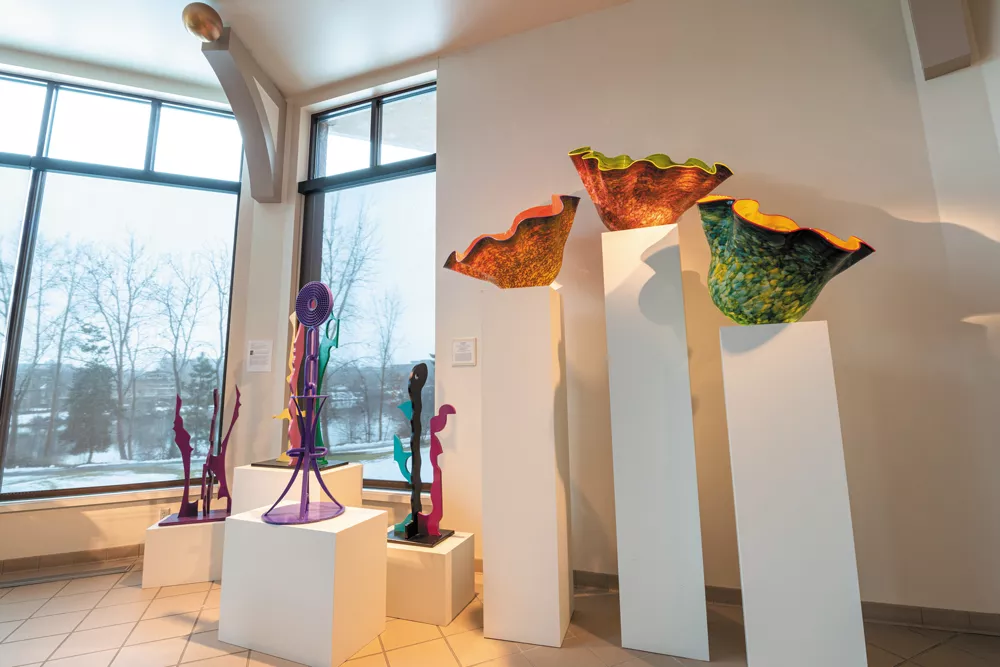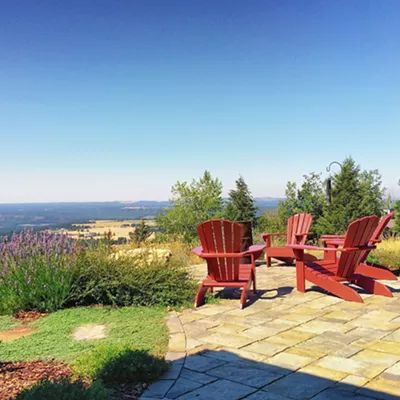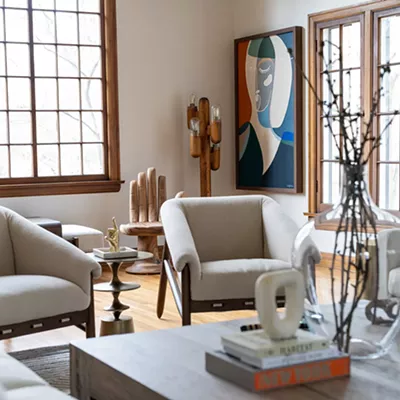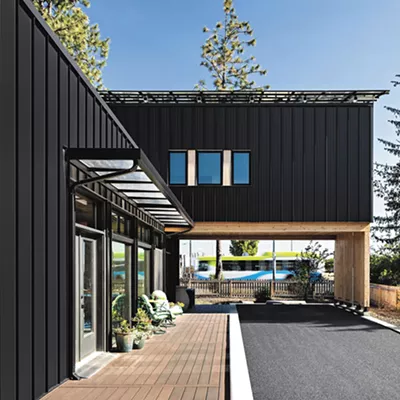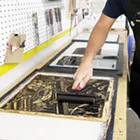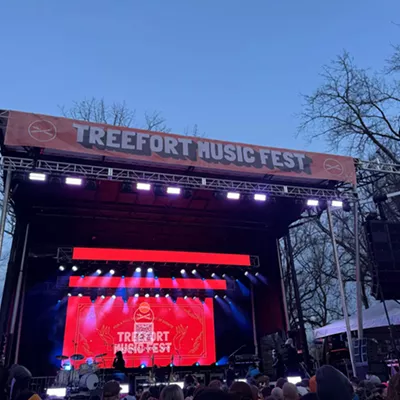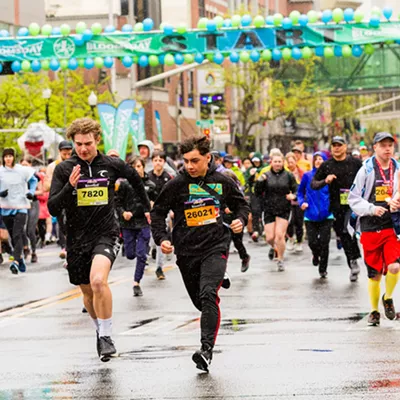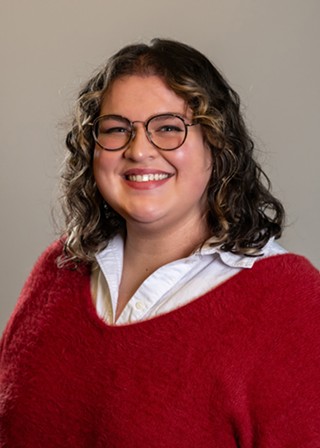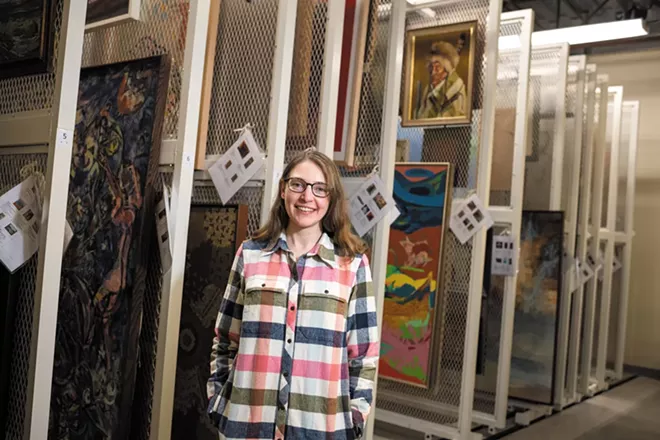
In the museum world, working for a big name institution with a huge collection like the Smithsonian is probably the end goal for most in terms of careers; however, the Jundt Art Museum's new hire, Britta Keller Arendt, was eager to step down from her prestigious Chicago institution and make her way from one windy city to another.
"It was honestly the easiest decision I've ever had to make," says Arendt. "Everyone assumes it was some tough decision, but it was quite the opposite. I come from a long line of outdoorsy people, and eventually I realized I could just move here instead of hopping on an airplane to my favorite vacation spot every once in a while."
With a one-way ticket to Spokane in hand, Arendt finally made Washington her home.
"When I saw that the Jundt had a registrar position available, I was really excited about it," says Arendt. "A lot of people have these career goals for something bigger and better, to climb that corporate ladder, but for me, I want to enjoy what I do and I want to share my work with others."
As a registrar, Arendt is in charge of managing the collection of theGonzaga University's Jundt Art Museum. She spends her time documenting and learning how to preserve the pieces that make up the museum's collection. Before becoming interested in the management side of museums, Arendt worked as a curator at the Field Museum in Chicago and managed the art collection in the U.S. Capitol Building.
"One day I started asking myself all of these questions like 'How do we preserve this so that future generations can see it?' and 'How many hands have touched this work of art?' I realized that I wanted to change courses a bit and move into preservation and documentation," Arendt recalls.
Before the pandemic, and certainly during the thick of it, there were outcries for a way to experience art and museums without leaving home or paying expensive entrance fees to elite museums.
"This is a huge problem with museums all around the world," says Arendt. "Museums have these amazing, fascinating collections but they only have so much space available to them. I would estimate that only 1 to 5 percent of a museum's full collection is on display at any given point in time."
When Arendt changed courses in her career, from curator to registrar, she dreamed of digitizing museum collections and opening up the virtual doors of a museum for all to enjoy. She's already working toward this goal at the Jundt and plans to make their entire collection available for viewing online.
"My goal at the Jundt is to finish digitizing their entire collection," she says. "Accessibility to art is so important because, for example, if a museum charges an entrance fee and a family of four comes in, that's going to cost upwards of $100, and that's just not feasible for most families. As staff at the Jundt, we are stewards of the art. Every day is like my birthday, opening the gifts of these objects, studying them, learning about them and making that information available to future generations."
Although the Jundt is a free museum, there are challenges regarding accessibility that aren't just monetary. The winter months make roads in Spokane a challenge for even the most skilled drivers, sidewalks are not always shoveled or dusted with a layer of de-icer making travel difficult for pedestrians and also those who use wheelchairs and some choose to stay at home for reasons pertaining to COVID-19.
"It's become much more urgent during the pandemic," Arendt says. "Since my first day here, that has been priority number one. I started researching what software might be required and different digital formats that we could use in the future in order to showcase our collection in the best way possible for anyone who wishes to see it."
Art has always been something that the world uses to cope during unprecedented times. It's a way for people to relate to each other through shared experiences and remind us of our interconnectedness in times when we might forget about the shared human experience.
"Art is this living thing," says Arendt. "It's a living, breathing creature, and I hope I can help more people gain access to it through my future work at the Jundt."

